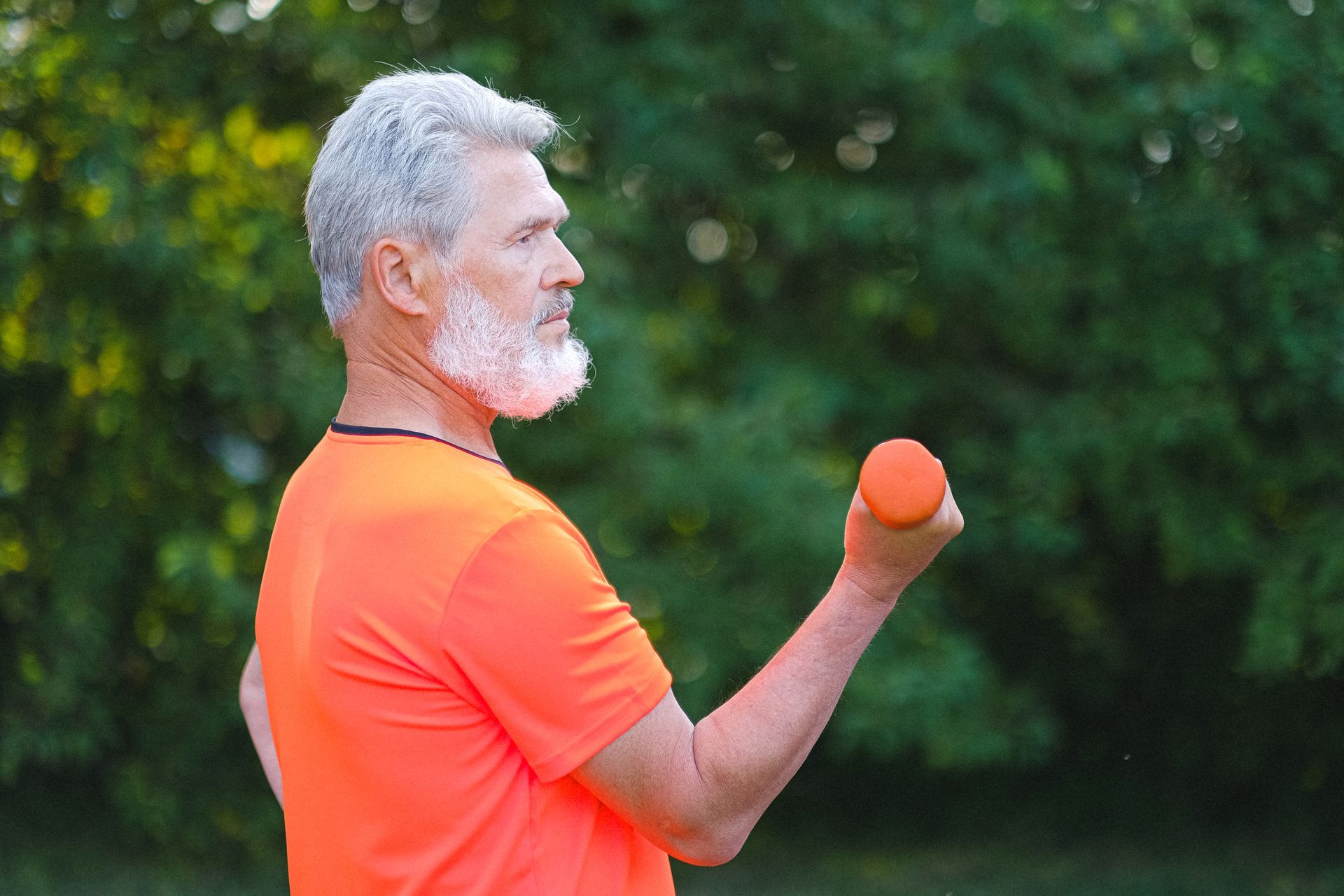How to Balance Compassion and Well-Being through Self-Care
How to Balance Compassion and Well-Being through Self-Carest

Caregiving, while rewarding, can be a demanding role that requires a great deal of physical, emotional, and mental strength. For new caregivers, self-care is paramount in maintaining their health and well-being while providing the best care possible for others.
This article, courtesy of Artesia Christian Home, delves into vital self-care strategies for caregivers to balance their responsibilities with personal care. Get ready to boost your well-being and success, without compromising either!
Nurture Your Professional Life
Caregivers should be encouraged not to sideline their career or educational goals despite their demanding roles. Online degree programs offer flexibility, enabling them to pursue a degree in psychology while balancing caregiving responsibilities and work.
A psychology degree complements your caregiving skills by providing deeper insights into human behavior, and it can open up further career opportunities. This approach allows you to enrich your knowledge and skills, fostering personal growth alongside your professional duties.
Set Good Boundaries
New caregivers must set clear boundaries to maintain a healthy balance in their roles. Defining your personal space and limits will prevent you from feeling overwhelmed or burnt out. Open communication with your care recipients about these boundaries to ensure mutual understanding and respect.
Establishing these limits early on can help you maintain a sense of self and keep you from overextending yourself. For instance, allocating specific hours for caregiving tasks and adhering to them helps in preserving personal time.
Take Breaks
Regular breaks are essential for caregivers to manage stress and rejuvenate, even if they're just a few minutes long. These pauses, which can include activities like enjoying a quiet cup of tea or taking a short walk, provide an opportunity to recharge. Such regular intervals help sustain energy levels and prevent caregiver fatigue. Brief moments of self-care are crucial for maintaining both emotional and physical well-being.
Try Breathing Deeply
Deep breathing exercises are a simple yet effective way to reduce stress and promote relaxation. These techniques can be easily incorporated into daily routines, quickly calming the mind and body.
Practicing deep breathing for just a few minutes daily can significantly impact stress levels, helping you maintain a sense of calm amid your responsibilities. Such practices not only benefit emotional well-being but also improve overall health.
Exercise More Often
Physical activity is vital for caregivers, as it enhances overall well-being and helps manage stress. Simple ways to incorporate exercise include taking the stairs instead of the elevator or going for short walks.
These activities promote an active lifestyle and can be easily integrated into a busy schedule. Regular exercise boosts energy levels, improves mood, and increases endurance, all of which are beneficial for caregivers.
Drink More Water
Hydration plays a critical role in maintaining health and energy levels for caregivers. Drinking enough water throughout the day is essential to ensure proper bodily functions and maintain high energy levels.
Tips for staying hydrated include carrying a water bottle and setting reminders to drink regularly. Proper hydration is often overlooked but is fundamental to maintaining physical health and mental clarity.
Get Help if You Need It
It’s essential for caregivers to recognize when they need assistance and to feel comfortable asking for it. Building a support network of friends, family, or professional caregivers can provide much-needed relief.
Seeking help should be seen as a strength, not a weakness; caregiving is a demanding task that often requires additional support. This support can come in many forms, from emotional to physical, and is vital in maintaining your well-being.
Self-care is a critical aspect of being an effective caregiver. The strategies outlined in this article, from setting boundaries and taking breaks to staying hydrated and seeking help, are designed to help new caregivers manage the demands of their role while taking care of themselves. Implementing these strategies can lead to a more balanced, fulfilling caregiving experience, ensuring you’re able to provide the best care possible while maintaining your own health and well-being.







